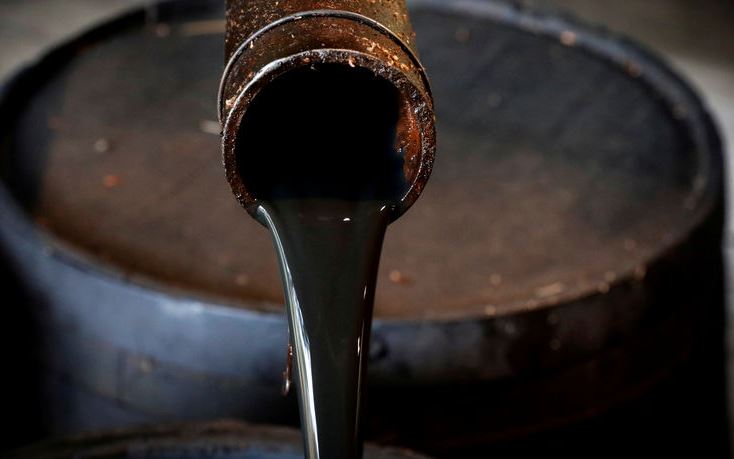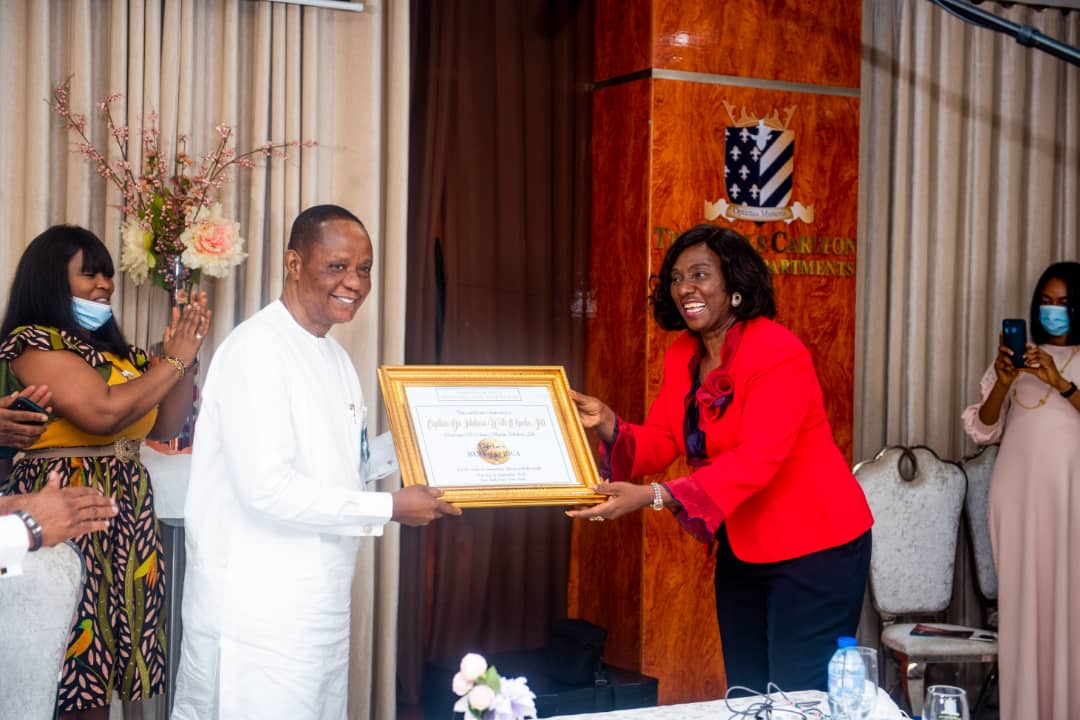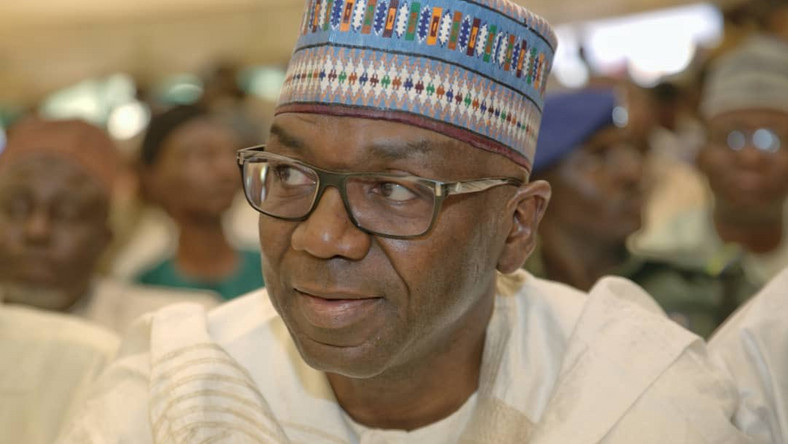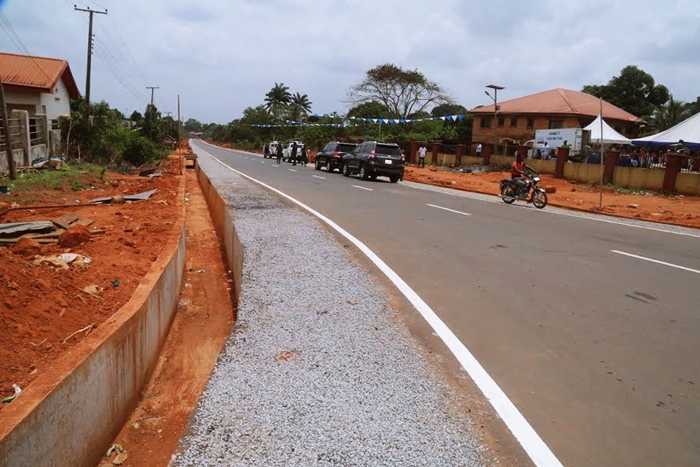BY AMINA ADO
A year ago, no one thought that within six months the world will be thrown into chaos with businesses severely disrupted, freedoms curtailed and economies wrecked in a manner not seen since the second World War. The havoc caused by the coronavirus is unprecedented in its speed and spread. No country, rich or poor, was spared. Over 900,000 lives have been lost to the virus and there is no end in sight.
In the beginning, like with most novel viruses, the speed of transmission, deadliness and staying power were little understood. The speed of the transmission of the virus is ferocious and only draconian measures, as implemented by China, appear to curtail it. Globally, as at today, the death rate is around 3.2% of those infected, though likely lower since not all cases are reported. Regarding staying power, the virus appears to be going nowhere. There was a lull in the speed of transmission in the summer following lockdown by many countries. However, infections have since end of August resumed an upward trajectory, for example, in France, Spain and the UK. The quartet of United States, Brazil, India and Iran never had any serious respite since the first infection was detected. India is now setting new records for the highest daily infections. The United States, India and South America are currently the epicentre of the disease. As Susan Glasser aptly put it, coronavirus is the world’s only superpower.
Many thought Africa, the world’s poorest continent, will be overrun by the virus. Thankfully, it has not happened, except in South Africa were the virus has killed over 15,000 (47% of Africa’s death toll) and has devastated the economy, which was already in a recession before the virus. Perhaps, it is because South Africa being in the Southern hemisphere, experienced its winter when the virus was on a rampant run across the globe.
Advertisement
In Nigeria, the death toll has been mercifully low and at no point were hospitals overwhelmed. This is despite the unprofessional and inhumane conduct of some medical professionals who embarked on strikes in the middle of the pandemic. Thanks to the seriousness with which the Federal Government handled the pandemic, the virus appears to be in a retreat in Nigeria.
The impact of the pandemic on the Nigerian economy though will be far more consequential and will likely last longer. This is because the pandemic has significantly affected globally the hospitality and travel industry, with negative consequences on demand for oil. Consequently, the pandemic has accelerated the end of high oil price.
The Nigerian economy was already struggling before the coronavirus appeared on the horizon. The economy had grown at only 1.24% per annum in the last five years, well below current annual population growth of about 2.5%. Predictably, according to the National Bureau of Statistics, the Nigerian economy shrank by 6.1% in the second quarter of 2020 and a recession is almost a certainty by the end of the third quarter.
Advertisement
Federal Government revenue continues to be embarrassingly low and with low oil price and OPEC output cuts, there is no respite in sight. In 2019, actual revenue available to the Federal Government to spend was N4.12 trillion, which is a mere 2.83% of nominal Gross Domestic Product (GDP). Actual Federal government expenditure, supplemented by record borrowings, was also very low at only 5.7% of GDP. Consequently, while Nigerians have high expectations for Federal Government spending, the fact of the matter is that when it comes to spending power, the Federal Government is not as impactful as thought. To put it in context, in 2019, wealthy Nigerians, according to official records, spent $8.57 billion, that is N3.09 trillion on foreign schools and foreign medical care. This implies wealthy Nigerians, a tiny percentage of the population, could afford to spend the equivalent of 75% of Federal Government revenue sending their children to school abroad and on foreign medical care.
Therefore, the end of high oil price, thanks to coronavirus, has arrived too soon as Nigeria is not ready for the pain it will inflict. The immediate impact is that the Federal Government is forced to borrow record sums just to stay afloat. The Federal Government also had to approach the International Monetary Fund (IMF) for financing in order to shore up foreign currency reserves that were fast depleting even before the virus. While there were no strings attached to this particular type of loan, the IMF released the funds and also encouraged Nigeria to carry out reforms such as removal of petrol and electricity subsidy, merger of multiple foreign exchange rates and implementation of market driven exchange rates. The World Bank on its part has refused to release the loan, quietly insisting on reforms. Consequently, the Federal Government was finally forced to do what the IMF, World Bank and others have been pleading with the government to do for decades. Petrol subsidy is no more and electricity tariff was increased by almost 100% in September 2020.
The removal of petrol subsidy is not without its critics. But it has been long in the making. President Obasanjo removed it and sold the refineries. Only for his successor, late President Yar’Adua, to reverse the subsidy removal and sale of refineries. President Goodluck attempted to remove the subsidy but the backlash was vicious and the subsidy had to stay at great cost. Under President Buhari, removal of subsidy caused Emmanuel Kachikwu his position as GMD NNPC in 2016. Nigerians though owe Kachikwu a debt of gratitude for having the courage to do what needed to be done at that time. Furthermore, the refineries are still not working and according to NNPC, it spent N117.64 billion in one year to maintain the refineries despite them not producing refined products. This is equivalent to 92% of cost of running the much-maligned National Assembly or funding two years of Federal Health capital budget. Hopefully, Nigerians have finally realised the futility and inefficiency of petrol subsidy and will allow the deregulation to stand.
Apart from the above reforms, two of which are still outstanding (merger of multiple exchange rates and market driven rates), the Federal Government has to find a way to attract investments from the private sector, domestic and foreign, to get the economy going. This is not going to be easy considering the attitude of government officials, red tape and other inefficiencies investors have to put up with. It is only if the economy returns to robust growth that government can reasonably expect to receive additional revenue in the form Value Added Tax and Company Income Tax, which will enable government to plug the hole created by decline in oil royalties and Petroleum Profit Tax. State Governments will also benefit from Personal Income Tax that the new jobs created by new investments will generate.
Advertisement
In the end, what needs to be done to get Nigeria moving developmentally upward, in the new normal of low oil price, is not a secret. The challenge has always been for the government to embrace the need for reforms, the capacity of the government to actually execute the needed reforms and the ability of the government to convince Nigerians to support the reforms. The coronavirus pandemic is already forcing the government to embark on reforms. Whether the reforms eventually executed will be enough to alter Nigeria’s development story for the better, is left to be seen. Time will tell.
Amina Ado is the founder of Sana’a da Ilmi Foundation, a non-profit dedicated to improving the quality of public education.
Views expressed by contributors are strictly personal and not of TheCable.
Add a comment






